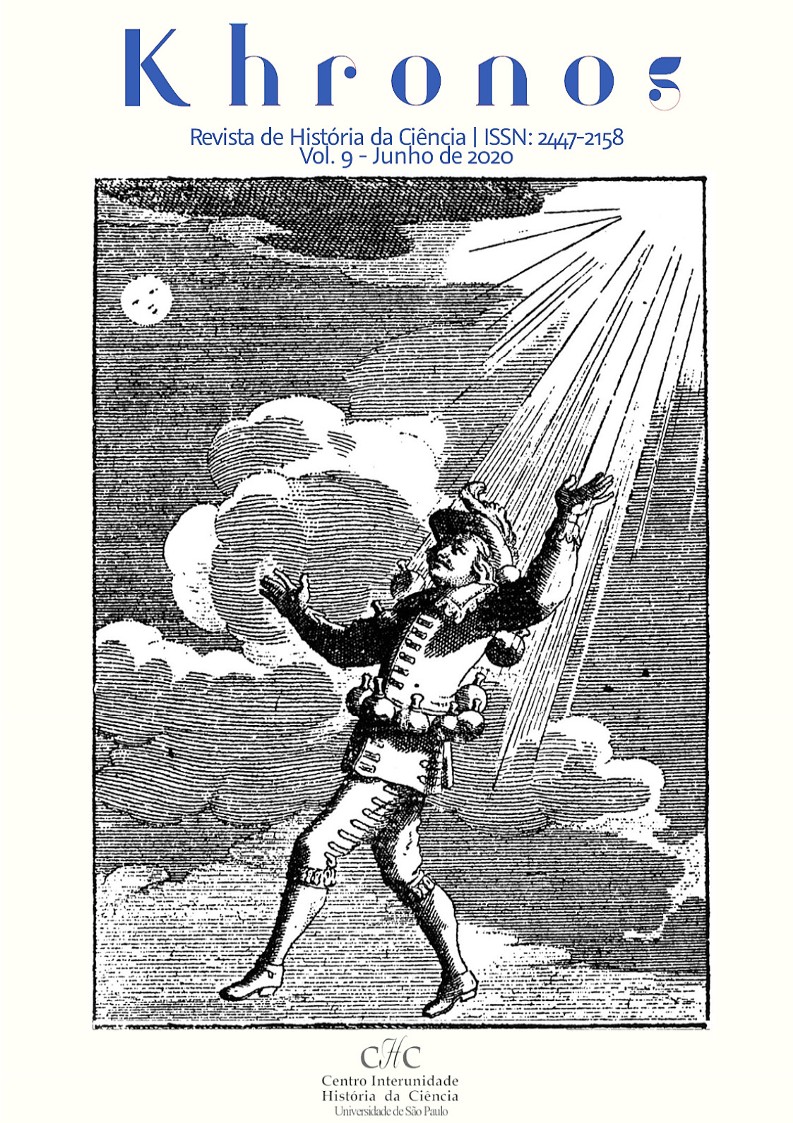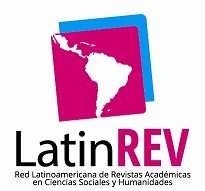Brazilian indigenous and plant use
traditional knowledge, culture and ethnoscience
DOI:
https://doi.org/10.11606/khronos.v0i9.171134Keywords:
Ethnoscienc, Indigenous knowledge, Indigenous culture, Traditional knowledgeAbstract
This article summarizes some examples of traditional knowledge presented by Brazilian indigenous throughout history in relation to the use and management of plants. The objective is to highlight the relevance of indigenous ethnoscience, taking into account that the indigenous were major contributors to the history of science in Brazil, in which they indicate the different ways of considering the nature in which they live, their techniques in different cultural contexts, the interrelation with different forms of knowledge and their transformations throughout history. Thus, this work brings together information about the use of plants present in the Brazilian indigenous culture, in a wide approach about their customs, knowledge about the cure of diseases, dyes, the use of poisons, among other activities, supported by records of historical documents.
Downloads
Downloads
Published
Issue
Section
License
Authors who publish in this journal agree to the following terms:
- Authors retain the copyright and grant the journal the right to first publication, with the work simultaneously licensed under the Creative Commons Attribution License in the "Attribution-NonCommercial 4.0 International" (CC BY-NC 4.0) modality that allows sharing of the work with acknowledgment of authorship and initial publication in this magazine.
- Authors are authorized to assume additional contracts separately, for non-exclusive distribution of the version of the work published in this journal (eg, publishing in institutional repository or as a book chapter), with acknowledgment of authorship and initial publication in this journal.
- Authors are allowed and encouraged to publish and distribute their work online (eg in institutional repositories or on their personal page) at any point before or during the editorial process, as this can generate productive changes, as well as increase impact and citation of the published work (See The Effect of Open Access).
- Any doubts or complaints about copyright must be directed to the Editorial Board or qualify and express themselves in accordance with the guidelines of the Committee on Publications Ethics (COPE).
How to Cite
Funding data
-
Coordenação de Aperfeiçoamento de Pessoal de Nível Superior
Grant numbers Código de Financiamento 001. -
Fundação para a Ciência e a Tecnologia
Grant numbers projeto UID/04564/2020





